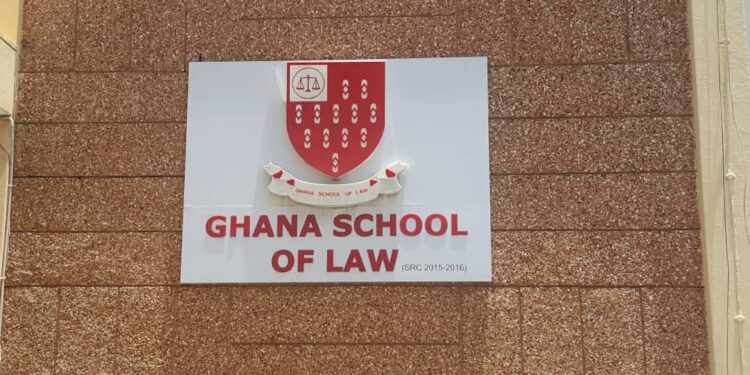The Attorney-General and Minister of Justice, Dr. Dominic Ayine, has revealed a landmark legal reform that will dismantle the centralised legal education system long dominated by the Ghana School of Law, popularly known as “Makola.” The move, described as a major overhaul of professional legal training, will give accredited universities more autonomy in training future lawyers.
At a press briefing in Accra on Monday, July 28, 2025, Dr. Ayine confirmed that a finalised Legal Education Reform Bill will be submitted to Cabinet in August, setting the stage for a new, decentralised system that empowers universities to offer both academic and practical legal training.
Key Features of the Proposed Legal Education Bill
Under the proposed changes:
- All accredited universities running LLB programmes will offer a one-year Bar Practice Programme following the academic degree.
- Graduates of the programme will then take a new, standardised National Bar Examination.
- Students who pass will be called to the Bar, bypassing the Ghana School of Law system entirely.
This model mirrors the qualification process used by professional bodies like the Institute of Chartered Accountants, Ghana.
Read Also: Train derailment in Germany claims 3 lives after landslide
Removing Barriers, Expanding Access
“This bill will abolish the Ghana School of Law system,” Dr. Ayine said. “We are shifting from exclusion to inclusion. Our aim is to ensure that all qualified LLB holders have a clear and merit-based path to becoming lawyers.”
He acknowledged that the existing system—controlled solely by the Ghana School of Law—has long restricted access to professional legal education, despite a growing number of law graduates from both public and private universities.
No Government Funding for Private Institutions
When asked about how the new model would affect private universities, Dr. Ayine was clear: while access would be widened, government subsidies would remain limited to public institutions.
“Government funding for private universities is a privilege, not a right,” he stated. “We are already stretched supporting public institutions.”
The final draft of the bill, according to Dr. Ayine, was submitted to his deputy, Dr. Justice Srem-Sai, for review on Sunday, July 27.

























